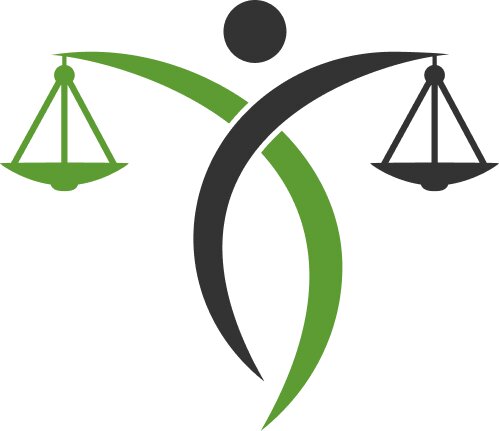Best Retirement Lawyers in City Hall
Share your needs with us, get contacted by law firms.
Free. Takes 2 min.
List of the best lawyers in City Hall, Singapore
About Retirement Law in City Hall, Singapore
City Hall, as a central part of Singapore, adheres to the national laws and regulations regarding retirement. In essence, Singapore does not have a mandatory retirement age, meaning that employees are allowed to work for as long as they choose. However, employers are legally mandated to offer re-employment to eligible employees who have reached the statutory retirement age of 62 up to the age of 67. It's important to understand these regulations as well as the legal implications of saving for retirement, taxation, and matters related to Central Provident Fund or CPF, which is a significant part of Singapore's retirement scheme.
Why You May Need a Lawyer
In Singapore, retirement laws and regulations can be complex. You might require legal help in navigating CPF laws, understanding your right to re-employment, dealing with severance payment disputes, or managing retirement-related tax implications. Furthermore, legal counsel can help if you believe you've been forced to retire unlawfully, or if you need guidance in planning your retirement finances effectively and legally.
Local Laws Overview
The key framework for retirement in Singapore is centred around the Retirement and Re-employment Act (RRA), the Central Provident Fund Act and the Income Tax Act. The RRA ensures that eligible employees have the right to be re-employed by their employers when they reach the retirement age of 62, up to the age of 67. Exceptions apply only if an employer can prove the employee is medically unfit, or if the employer can't find suitable work for the employee. CPF is a compulsory social security savings scheme that both employees and employers contribute to, and these funds can be drawn upon in retirement. Additionally, understanding tax obligations for retirement income is crucial not to face any legal issues.
Frequently Asked Questions
1. Is there a mandatory retirement age in Singapore?
No, Singapore does not enforce a mandatory retirement age. However, statutory provisions exist for re-employment of workers who reach the age of 62.
2. Can I access my CPF savings before retirement age?
CPF savings can only be withdrawn after you reach the prescribed withdrawal age, barring certain exceptions. Early withdrawal might be subject to regulations and penalties.
3. Can an employer force me to retire?
Unless due to medical reasons or a lack of suitable positions within the company, employers cannot force an employee to retire at any particular age.
4. Is my retirement income taxable?
Most CPF withdrawals are tax-exempt. However, other forms of retirement income may be subject to income tax. Consulting with a tax professional or lawyer can provide specific advice based on your situation.
5. What are my rights if I believe I've been unfairly dismissed due to age?
Your age should not cause unfair dismissal by law. If you believe you've been unfairly dismissed, you should seek legal counsel to explore your options.
Additional Resources
For legal advice and assistance, you may wish to contact the Ministry of Manpower, the CPF Board, or the AWARE's Workplace Protection and Assistance team. These government and non-government bodies have considerable resources related to retirement law in Singapore.
Next Steps
If you need legal assistance regarding retirement law, it's recommended to consult a lawyer who specializes in employment law or retirement law. Additionally, you could also reach out to local NGOs that offer legal advice. Documentation of your employment history, CPF contributions, and any communications related to your retirement can be helpful in these discussions.
Lawzana helps you find the best lawyers and law firms in City Hall through a curated and pre-screened list of qualified legal professionals. Our platform offers rankings and detailed profiles of attorneys and law firms, allowing you to compare based on practice areas, including Retirement, experience, and client feedback.
Each profile includes a description of the firm's areas of practice, client reviews, team members and partners, year of establishment, spoken languages, office locations, contact information, social media presence, and any published articles or resources. Most firms on our platform speak English and are experienced in both local and international legal matters.
Get a quote from top-rated law firms in City Hall, Singapore — quickly, securely, and without unnecessary hassle.
Disclaimer:
The information provided on this page is for general informational purposes only and does not constitute legal advice. While we strive to ensure the accuracy and relevance of the content, legal information may change over time, and interpretations of the law can vary. You should always consult with a qualified legal professional for advice specific to your situation.
We disclaim all liability for actions taken or not taken based on the content of this page. If you believe any information is incorrect or outdated, please contact us, and we will review and update it where appropriate.















